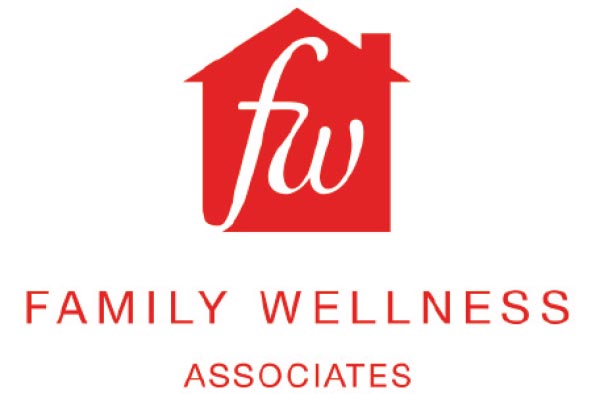The Strongest Link
SUMMARY DESCRIPTION OF THE THE STRONGEST LINK: THE COUPLE
The primary purpose of this Instructor Handbook is to provide Family Wellness Instructors with additional theory, content, and skills for working with Couples. This handbook accompanies the Instructor Manual. The curriculum is intended for use in many ways that can serve to teach skills and provide support for Couples.
The lesson plans provided are based on six core sessions and six additional sessions, two hours per session format. However, each session or a combination of sessions can be used for: short workshops, weekend retreats, weeklong seminars for couples, or for the twelve sessions provided in this handbook. Each session is available to be expanded or combined with others.
There are six core sessions that include content on communications skills,
problem solving, knowing personal values and goals as well as couple goals,
money management, intimacy, and paying back your community with the skills you’ve learned. Additional lesson plans are included for: Stepfamilies, Parent and In-law issues, Domestic Violence, Parenting as a Couple, New and Expectant Parents, and Separations from military deployment, business, health or jail. We also offer our assistance to groups wanting to use our curriculum and needing to adapt it for their specific community. The handouts available both in the Handbook and in the CD are available to be reproduced for your participants.
There are several examples of groups using Family Wellness adaptations as their Marriage Initiative curriculum or for Couples. The Cleveland project “BETTER TOGETHER” started by Sandra Bender and Judy Charlick; Louisiana State “MARRIAGE MATTERS” and “Raising Your Child Together”; and Grand Rapid’s Pine Rest programs use Family Wellness.
A number of refugee programs throughout the country have chosen Family
Wellness as the model for their communities because of our cultural respect,
adaptability for different cultures, and clear, common sense approach. Kurdish, Somali, Hmong, Latino, Serbian, Ugandan, and Russian Refugees are currently using our program and we can put you in touch with program directors and coordinators.
Three issues are important for couples:
- Each partner in a couple needs validation throughout the course and will need support people outside of the course.
- Couples need examples and support to build their relationship in times where they are often separated by work schedules, deployments, or cultural and language differences.
- Being a team requires skills and practice. Role-play and coaching should be part of each session – with sensitivity to topics and levels of emotion for each person coached.
